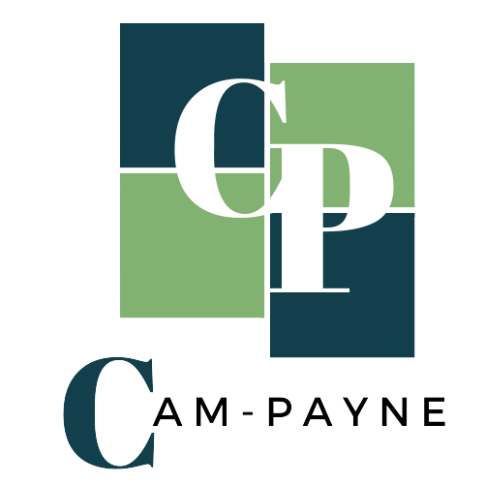The question we hear time and time again from business owners is…
“Should I have a website or social media page?” The short answer is “both.”
Social media pages are immediately appealing. They are free, they already have an audience built in, and they are easy to set up. But these advantages can be deceiving – and owning a website has its own set of unique benefits. In this article, we will break down the pros and cons of creating an online presence with a social media page vs. your own website.
Social Media versus Website
So, why would any business want a website when they already have access to so much with social media? Here are the pros and cons:
There’s No Such Thing as a Free Web Presence Anymore
Sure, you can build a social page for free, but taking advantage of the built-in social media audience is no longer free. Businesses now have to “pay to play” – meaning if you don’t buy advertisements, your audience won’t see your content. That includes many of the people who already follow your page along with new people who access social media daily. Now there is a monthly cost involved in creating and maintaining an active presence on social media.
You can build a website for free, but an effective site often requires an understanding of SEO, compelling copywriting, marketing, and more. This is easily accessed by hiring experts to help. So, your site will likely have a higher cost on the front end as the site is built, but much lower maintenance fees. Site-related fees can be as minor as a small payment for hosting or more involved with continued SEO, site updates, and maintenance.
Additionally, it is easy to see a return on investment with your website, while the only way you can reliably have track ROI on social media is through your site with Google Analytics. Statistically, business owners find the conversion rate tracking on Analytics to be the most helpful measurement of efficacy when it comes to websites and external marketing campaigns which feed into your site.
You Own Your Website
While the idea that the content you post on social belongs to the social media site isn’t true, you still do not own the platform which is hosting and displaying your content. If a social platform decides to change the look of your page or updates their algorithm so that your audience can’t see your page, that’s up to them.
You own your website and have control over how your business is presented. Every aspect of your website can be tailored to appeal to your customers and potential customers. In the end, this ability to customize can bring in more and more customers and allows you to take advantage of the continually changing Google algorithm.
Capturing Your Demographic
Social media is a great place to find and interact with new customers. There are even a few tools you can use in social to obtain email addresses of new clients and stay in touch. However, the most effective method of doing this is through a website. You can set up a giveaway, contest, or offer a free report at your discretion on a website. Social sites require that you follow their contest/giveaway rules and can shut you down or even penalize you at a moment’s notice. Your website gives you the freedom to choose what you offer, how you offer it, and what your client needs to do to sign up.
Additionally, while you can set up a social business page to appeal to a demographic, your website will always be the best place for people to find out more information about your business and ultimately convert into paying customers. Very few customers even look at the “about” section of a social media page. They mainly pay attention to the feed and reviews.
Your website can help you control what your customers see about your business and site design can be used to move the eye from one point to the next. This allows you to educate customers rapidly and with your own curated content.
Ease of Set Up
Creating a new business page on Facebook, Instagram, Pinterest, and other social media sites is simple and intuitive. This usually isn’t the case with the creation of a professional website.
Often, you will need to hire a web designer who is proficient in SEO, copywriting, graphic design, marketing, and coding. Usually, this requires using a company which provides access to different people with a variety of skill sets.
However, owning a custom site built for your company which efficiently converts visitors into customers is worth the investment. A website is versatile, while there is only so much modification you can make to an ineffective social media page.
Building a presence online, one that you can control, and which converts visitors to customers is a game-changer for any business.

